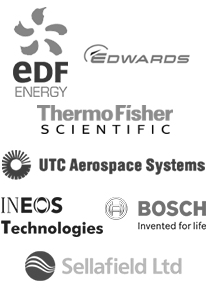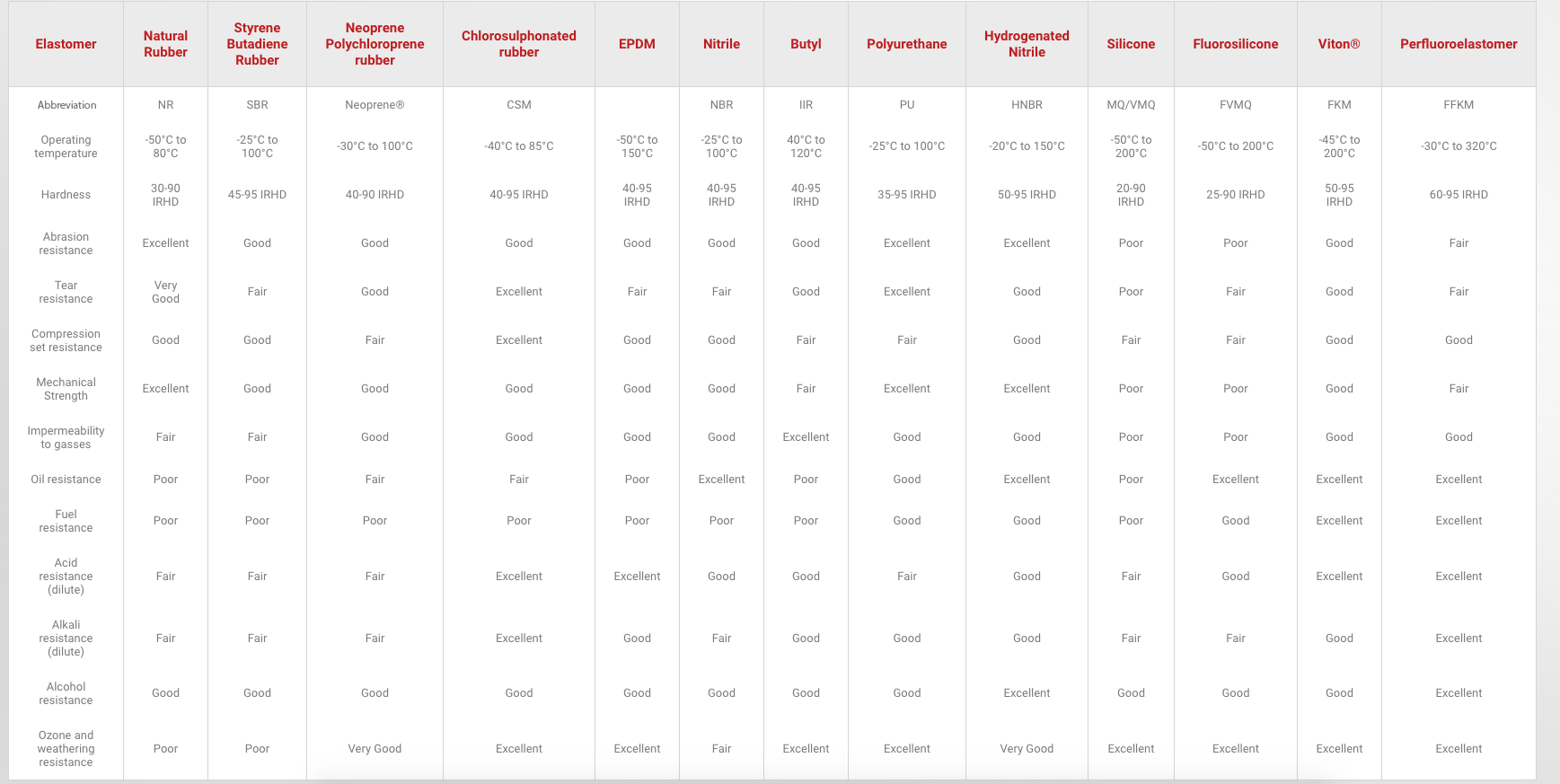Manufacturing Capabilities
TRP Polymer Solutions offers a range of different moulding processes relevant to the volume, material and geometry of the components. We manufacture custom moulded rubber solutions ranging in size from 1mm to 2.5m x 2m (as one piece mouldings), with parts produced under vacuum for greater consistency and to avoid air inclusion.
TRP Polymer Solutions develops custom moulded solutions for a wide range of industries. We have no minimum order quantities and can offer very short lead times, including 7-day deliveries where tooling is required (subject to the geometry and size of products).
Learn about various rubber manufacturing methods
Compression moulding
Compression moulding is used for low to medium volume requirements. It offers the advantage of lower tooling costs compared to injection moulding. It also offers greater flexibility for quicker setup times, allowing shorter lead times.
During the compression moulding cycle, uncured rubber is loaded into an open mould, which is then closed under pressure, allowing the rubber to flow to the shape of the cavity. The blank weight and temperature must be accurately controlled. The excess rubber will be forced out of the mould creating flash to be removed after moulding. Finishing processes to remove this excess flash include cryogenic deflashing and vibratory finishing.
Compression transfer moulding

The compression transfer moulding process is similar to compression moulding. Where it differs is the addition of a transfer pot and piston to the mould. The uncured rubber is placed in the transfer pot and injected into the closed cavity via a number of feed gates.
The compression transfer moulding process offers advantages for certain complex shapes and maintains the benefit of flexibility and lower mould costs. Compression transfer moulding is well suited to rubber to metal boding.
Injection moulding

Injection moulding is used for very high volume products. The initial mould costs are higher but this is offset by savings from reduced cycle times compared to compression moulding. During injection moulding, the uncured rubber is injected into a runner system that feeds the rubber into the cavities.
Rubber to metal bonding

TRP Polymer Solutions produces a wide range of products using rubber to metal bonding. These include AV mounting, rollers, diaphragms, gaskets, widow seals for the nuclear industry and water stop seals for oil and gas pipelines. We are happy to produce quantities ranging for single mouldings to high volume production from large multi-cavity tooling.
Composite mouldings

TRP Polymer Solutions specialises in combining PTFE (and other fluoroplastics) with rubber. This produces a composite moulding product with the almost universal chemical resistance of PTFE, combined with the sealing properties of an elastomer core.
Applications for this composite moulding process include:
- Pump diaphragms
- Seals for chlorine cells
- Seals for chemical processing and transportation
- PTFE protected plate heat exchanger gaskets
The elastomer core is selected for the physical properties required for the product. PTFE can also be used for composite moulding due to its low friction and sanitary properties, particularly in food and pharmaceutical applications.
CNC ground rollers

We produce a wide variety of CNC rollers and sponge rollers. These are used in a number of paper transport applications, including printing, mail sorting equipment and ATM machines. Materials are formulated for grip and wear characteristics, with CNC rollers ground to concentricity tolerances of +/- 0.05 mm.
Find out more about a specific product
Who we've worked with






